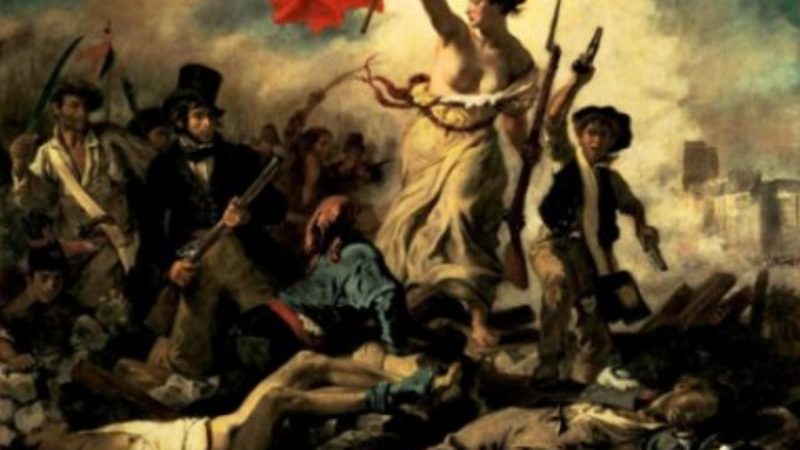
By Conor Gearty
Benjamin Disraeli is rightly revered in the Conservative party. It was under his watch that the Tories discovered – initially to their disbelief and then to their joy – that not only could they survive in the new democratic era that was then emerging but that they could even thrive as well: win power, protect privilege, support inequality in practice (if not any more in words).
The Party has been trying Disraeli’s ‘One Nation’ sleight-of-hand ever since; Cameron’s version was compassionate Conservatism (aka ‘Hug a Hoody’). To win Labour must resist it: one nation Labour is Mandelson’s bulldog repackaged for 2015.
To be effective it has to mean something. Labour under Miliband is neither a bunch of advertisers nor a gang of opportunist sloganisers. The Miliband ‘brand’ has to be careful, thought-through radical thinking.
So what does One Nation mean for the liberty and security agenda?
Since the civil wars of the 17th century the dispute in this country has been about the extent rather than the meaning of liberty. Is freedom to be for the many or the few? The Levellers thought the former, but the country – with an elite intellectually empowered by Hobbes and Locke – were guided to the latter. The last three hundred years have seen a gradual broadening in the range of people who have been able to enjoy the chance to lead flourishing and successful lives.
These have been democratic achievements, wrenching liberty and security from the privileged and ensuring access to them for all. Labour has led the march towards this more progressive society – one in which personal security has become the platform on which every life has the opportunity to be lived to the full. Its high point has been the ‘Welfare’ not ‘Warfare’ society imagined by reformers during the dark days of the Second World War and implemented with zeal and courage by the Attlee government in its immediate aftermath.
Initially the Tories surrendered to this practical version of One Nation Labour, Butskellism.
Two changes have emboldened them to return to division.
First, the end of the Cold War saw an upsurge in neo-liberalism – a kind of aggressive, market-oriented libertarianism in which freedom is enjoyed by all in theory but in practice only by those whose fortuitous life circumstances are such that they can hardly fail to flourish. Neo-liberals use liberty as a gloss to be applied as a light coat over a fundamentally unequal society – the adman’s way of painting over deep divisions rather than robustly tackling them.
Second, there were the attacks of 11 September 2001, and the so-called ‘war on terror’ that the Bush presidency initiated by way of response, with the Labour governments of Blair and Brown following suit (albeit, it is true, in a less aggressive fashion). In the post 9/11 era, it has been tempting to see liberty as something belonging to us (Brits; Europeans; whites; Christians; liberals) and not to them, the others ‘out there’ who are different from us (asylum seekers; Muslims; non-whites; refugees; foreigners from cultures we receive as alien; ‘enemies within’ who oppose our wars of liberation in Iraq, Afghanistan, Libya or wherever). On this bleak analysis, almost the norm in the first decade of the 21st century, the liberty of the other must be sacrificed at the altar of our security.
One Nation Labour must escape from this double neo-liberal and counter-terrorism bind.
Liberty and security are for all those within this island. To everyone lawfully present we give the opportunity to flourish against a background of personal and social security. To those here against the law we offer a firm but speedy and fair system of resolving our dispute with them in a way that does not therefore (and thoughtlessly) destroy their lives.
The language of universal liberty must be taken back from neo-liberals and their libertarian apologists and returned to the community. Social security matters as much as national security.
And so far as terrorism is concerned, security is for the whole society and not just those whose wealth allows them to hide behind gates and be sheltered by the police. Terrorism is a criminal challenge and not an existential one. Universal security requires it be dealt with but within rather than outside the regular law.
Conor Gearty is Professor of Human Rights Law at LSE and a Barrister at Matrix Chambers
This piece forms part of Jon Cruddas’s Guest Edit of LabourList




More from LabourList
Government abandons plans to delay 30 local elections in England
‘The cost of living crisis is still Britain’s defining political challenge’
‘Nurses are finally getting the recognition they deserve’